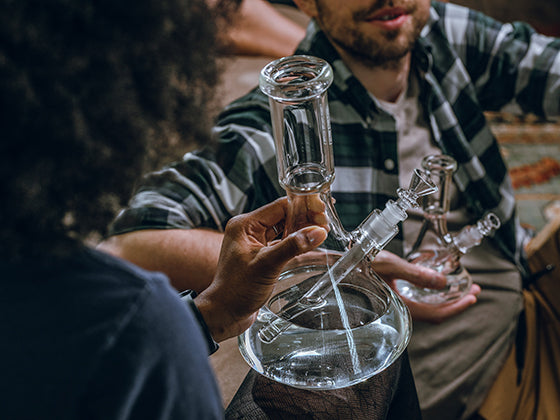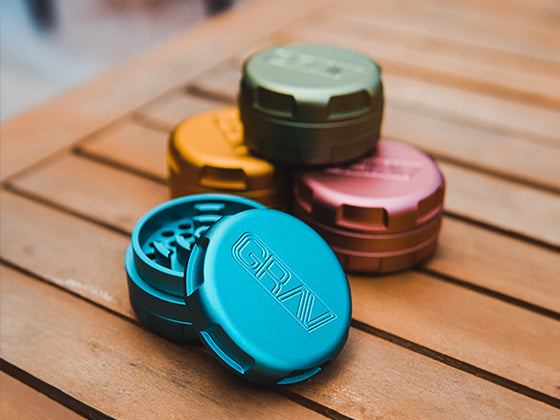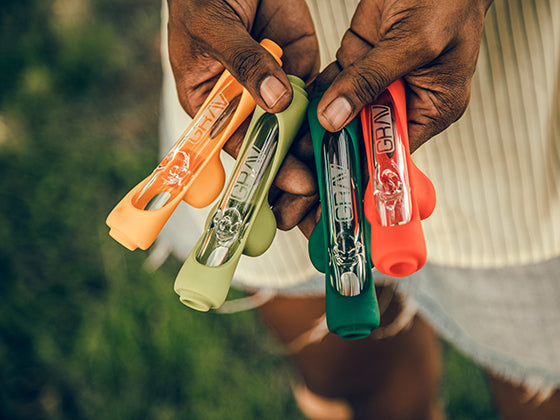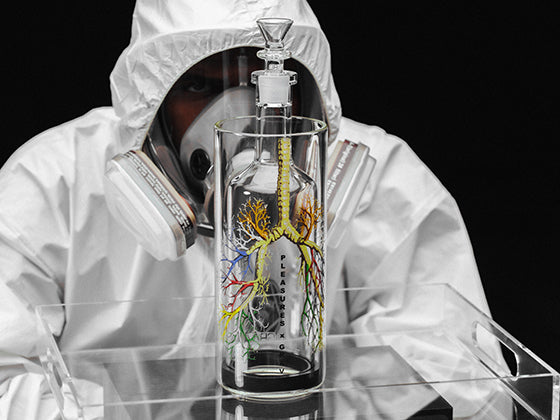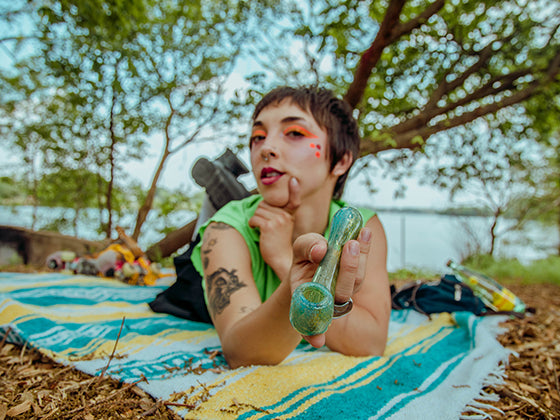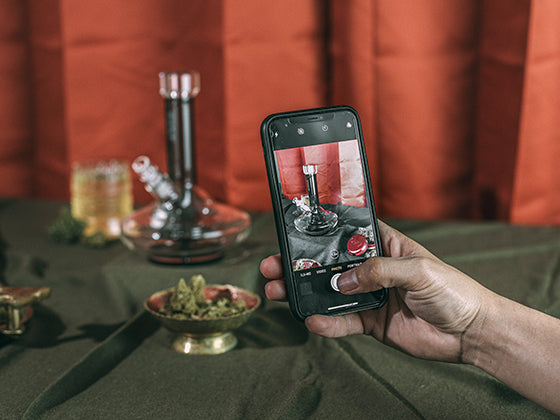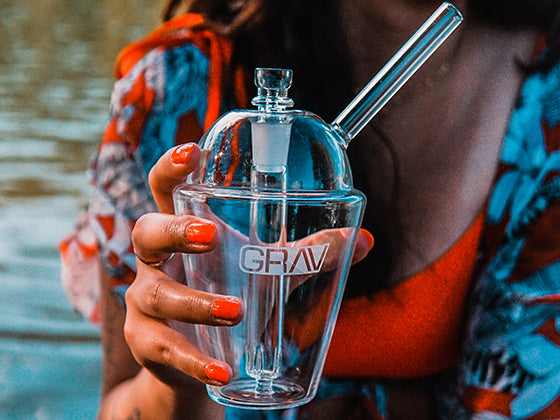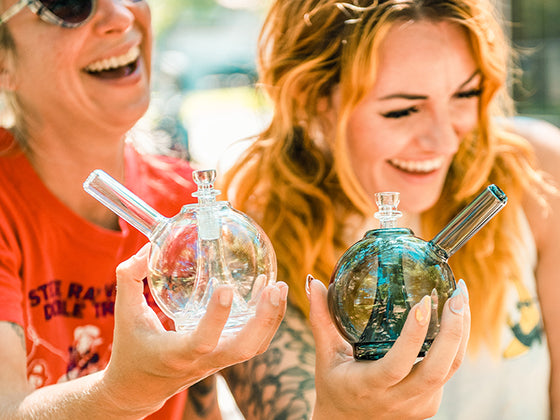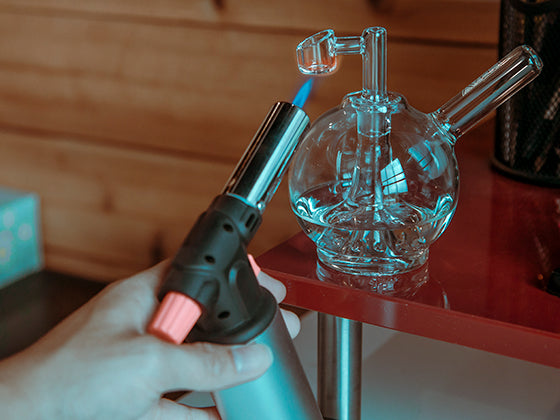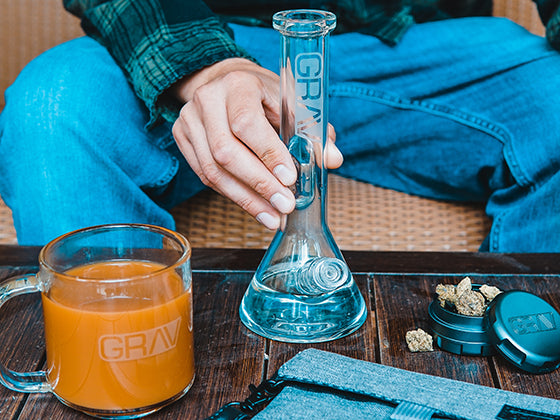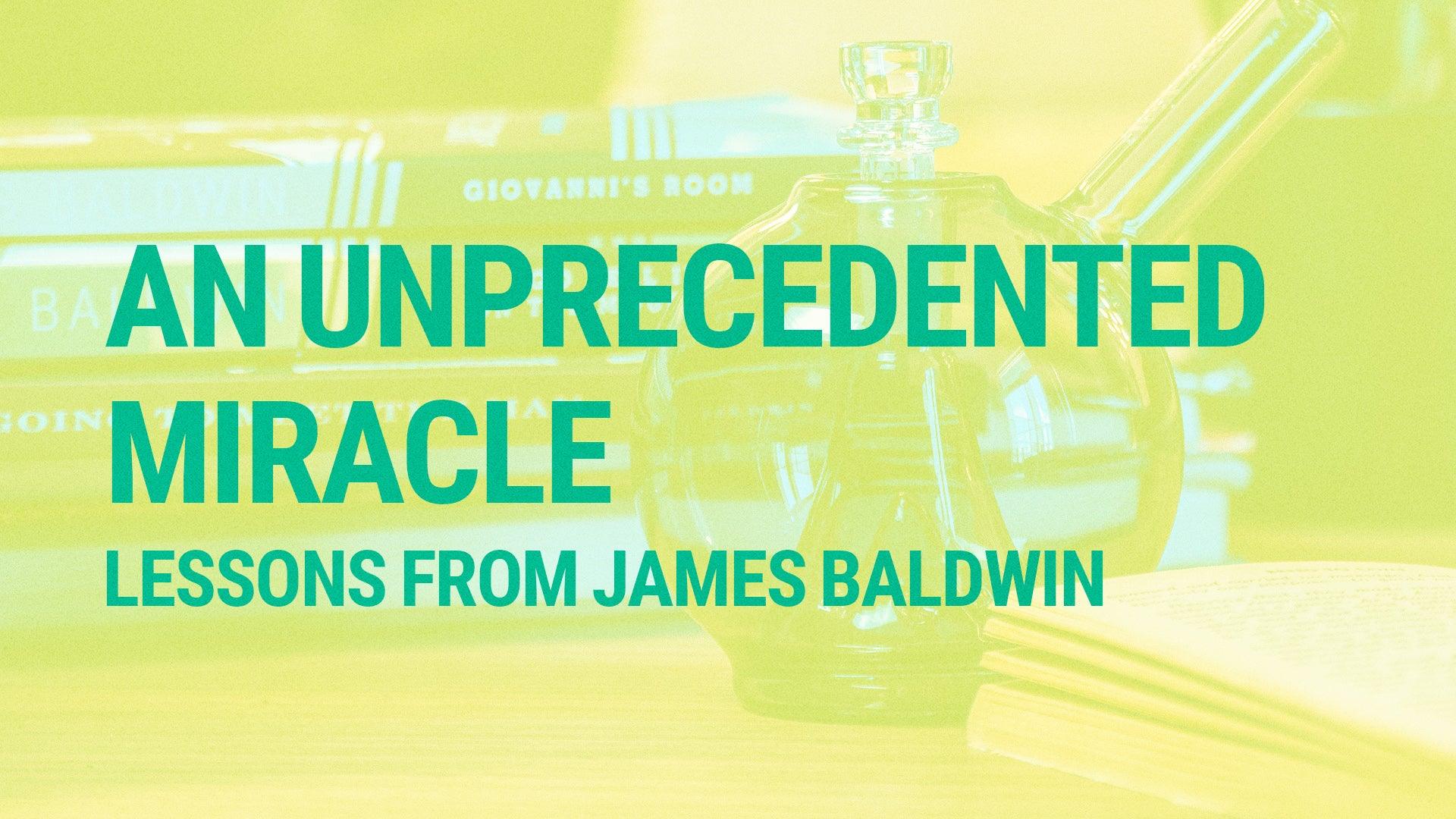In the wake of Anthony Bourdain’s all-too-soon exit from this world, friends and chefs Éric Ripert and José Andrés declared that his birthday, June 25th, would be Bourdain Day.
The chef, writer, and award-winning host of shows like No Reservations and Parts Unknown was beloved for his wit, his honesty, and his unaffected passion for food and the people who make it. Perhaps that’s really the magic of Bourdain—for him, food was a delicious way to connect with those who made it and those who shared it with him.
In honor of the fifth Bourdain Day, here are five things we learned from Uncly Tony.

Mind Your Mise en Place
Mise en place (pronounced meez ahn plahss) is a kitchen term that simply means “put in place,” or “everything in its place.” It generally refers to gathering everything you’ll need for a shift or to make a particular dish. It can be a noun (“Is your mise ready?”) or a verb (“Mise the onions for the stock”).
But the mise en place concept is much more than simply gathering stuff and chopping vegetables. It’s a way of creating order amidst chaos. In the words of Anthony Bourdain, “Mise-en-place is the religion of all good line cooks. Do not fuck with a line cook’s ‘meez’ — meaning his setup, his carefully arranged supplies of sea salt, rough-cracked pepper, softened butter, cooking oil, wine, backups, and so on. As a cook, your station, and its condition, its state of readiness, is an extension of your nervous system…”
A messy mise is a messy mind. That doesn’t mean everyone has to become a Type A neat freak. But as Bourdain says, “If you let your mise-en-place run down, get dirty and disorganized, you’ll quickly find yourself spinning in place and calling for backup. I worked with a chef who used to step behind the line to a dirty cook’s station in the middle of a rush to explain why the offending cook was falling behind. He’d press his palm down on the cutting board, which was littered with peppercorns, spattered sauce, bits of parsley, bread crumbs…’You see this?”’ he’d inquire, raising his palm so that the cook could see the bits of dirt and scraps sticking to his chef’s palm. ‘That’s what the inside of your head looks like now.’”
So figure out the right setup—for your home, your office, your finances, your bong collection—and clear that mental clutter.
Try the Thing, Even if It’s Crazy
Bourdain got famous after the runaway success of his 2000 book Kitchen Confidential: Adventures in the Culinary Underbelly and subsequent television series. Before that, he was just a chef who struggled with addiction. A good chef, mind you, at some great New York City restaurants. But hardly a household name.
So how did he get the attention that propelled him to stardom?
Throughout the 1980s and 1990s, Bourdain wrote articles and even a couple of culinary novels, but they weren’t terribly successful. Then in 1999, he wrote a little piece called Don’t Eat Before Reading This, a peek behind the closed kitchen doors. No one wanted to publish it.
So his mother, an editor at The New York Times, used some connections to get the piece in front of the editor of The New Yorker. That’s like the Everest of opinion pieces, for a practical unknown in the writing world. And they published the article. Within days, Bourdain had a book deal.
Obviously, we can’t ignore the fact that Mrs. Bourdain had access to people that the average person does not. But if she hadn’t tried—hadn’t believed that someone, somewhere wanted to read her son’s words—we never would have had the love affair with this culinary man of the people.
So forget logic. Write the article, and pitch it to The New Yorker. You never know what could happen.
It’s a Big World Out There
Anthony Bourdain visited over 80 countries on all seven continents during his career. He spent time in restaurants and hotels, in nature and at people’s homes. "It seems that the more places I see and experience, the bigger I realize the world to be,” he said. “The more I become aware of, the more I realize how relatively little I know of it, how many places I have still to go, how much more there is to learn."
Traveling is a humbling experience. It reminds us how small we are, just one among billions. It opens our eyes to different ways of living, reminding us that “the way things are done” is only the way they’re done in our small corner of the world. It makes us more compassionate, more empathetic, and more connected with a global community.
“Travel isn’t always pretty,” Bourdain said. “It isn’t always comfortable. Sometimes it hurts, it even breaks your heart. But that’s okay. The journey changes you; it should change you. It leaves marks on your memory, on your consciousness, on your heart, and on your body. You take something with you. Hopefully, you leave something good behind.”
Be a Tourist at Home
Anthony Bourdain reached fame through his books and television shows like No Reservations and Parts Unknown. He traveled the world far and wide, from Lebanon to Jamaica to Nigeria to Japan.
He also explored some of the best of the United States, spending time in major cities and rural areas across the country. In our own home of Austin, Texas, Bourdain spent time at:
- East Side King
- Odd Duck
- Gourdough’s
- Perlas
- Franklin BBQ
- Texas Chili Parlor
- Quality Seafood Market
- Barley Swine
And he attended a crab boil at a band’s house during SXSW.
The point? There may be sites and bites to attract a world traveler like Bourdain right in your own backyard. When we get used to a place, it can be hard to see it with the wondering eyes of a visitor. So be a tourist at home for a weekend, and develop a new appreciation for the places you see every day.
(BTW, use this map to find Bourdain’s stops in your area.)

Your Mental Health is ALWAYS a Top Priority
Depression is an insidious beast. It doesn’t obey logic. It can’t be reasoned with or explained away. No one can say exactly why Anthony Bourdain took his own life that sad day in 2018. He had fame, money, success, awards, and the love of the people. And none of that mattered. In fact, friends have said that the fame and success could have contributed to his mental health struggles.
Some people find it easy to blame actress Asia Argento, his girlfriend at the time. They had a tumultuous, jealous relationship, and were on the rocks at the time of his death. But couples break up every day. And the vast majority of those who go through heartbreak do not make attempts on their own lives.
No one can manage your mental health for you. Issues like depression, anxiety, or PTSD are not your fault. But they are your responsibility.
There are resources our there for struggling with their mental health. But you have to seek them out. There are therapists and psychiatrists. Mindfulness practices like meditation and journaling. Antidepressants and micro-doses of psilocybin. Support groups. Exercise. The block button.
Whatever you have to do to make your mental health a priority—do it. You’re important to this world, and we need you at your best.

